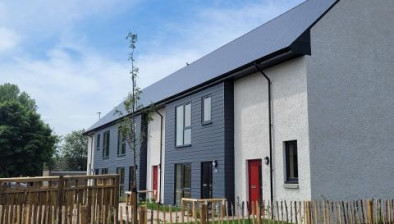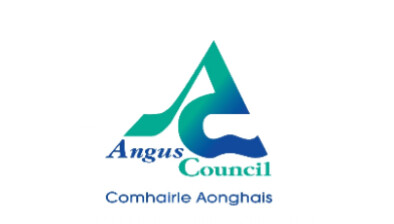Angus Council budget addresses priorities and £18m funding gap

Angus Council has approved a wide-ranging package of measures to make sure the local authority can address its priorities and close an unprecedented £18 million funding gap.
The measures agreed by the council for 2018/19 include a 3% increase in Council Tax, which equates to a £33.12 increase in the Band D Council Tax. Council tax provides just 20% of the council’s funding. This increase will generate an additional £1.5m in 2018/19.
The council’s change programme will reduce the funding gap by a further £10.3m through a broad range of improvement and efficiency measures and service redesigns.
This includes: a 20% reduction in management posts; efficiency measures by Angus Health & Social Care Partnership and Angus Alive; adjustments to school staffing; the introduction of parking charges; and increased use of digital processes and systems to improve customer service and reduce overall operating costs.
The remainder of the funding shortfall has been met by curtailing capital spending to reduce loan charges (£4.6m), changes to planned work releases £1.1m from reserves and £600,000 is met from uncommitted reserves.
Following yesterday’s the 2018/19 budget setting meeting, finance convener Angus Macmillan Douglas said council finances have never been under such pressure: “All councils are faced with a real terms decline in Scottish Government grant funding, higher costs and increasing demand for critical services.
“The only way to balance the budget for 2018/19 and in the years to come is to reduce costs and increase income. We are doing do that in ways which allow us to meet our statutory obligations and address the priorities we have set for the council.
“The more we can prioritise what Angus Council should be doing and the more efficient we can make the council, and our linked organisations, the more we can focus on essential frontline services. Every pound of expenditure has to provide best value for the residents of Angus.
“Our message is clear – we must be a smaller, highly prioritised council, run in the most efficient way possible.”








